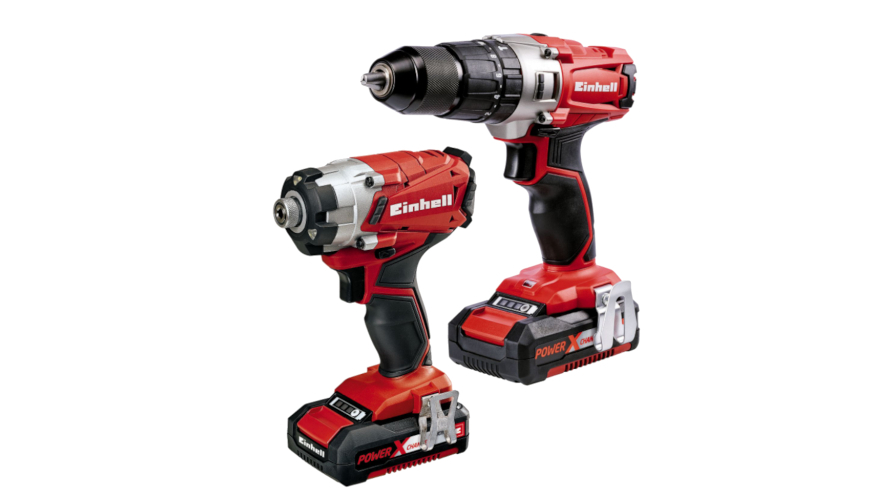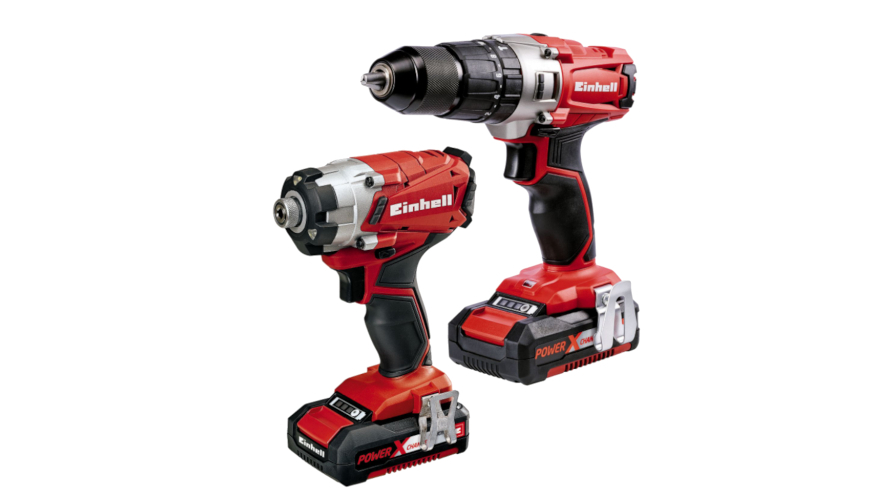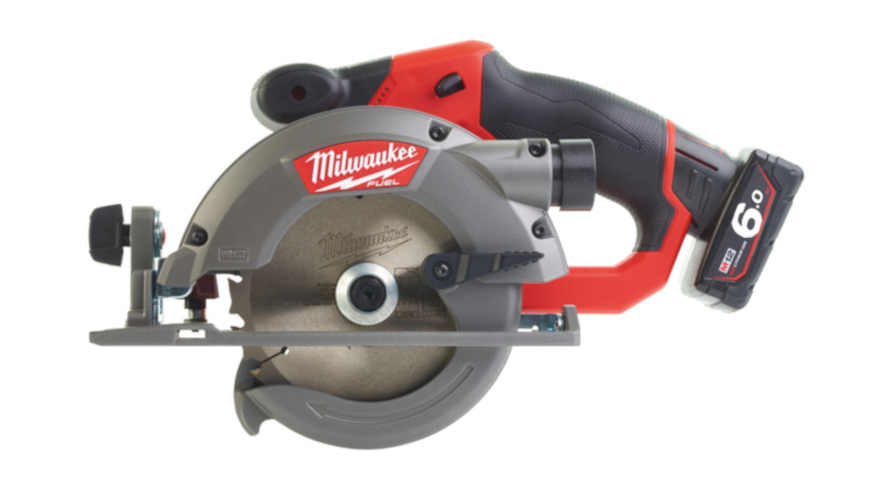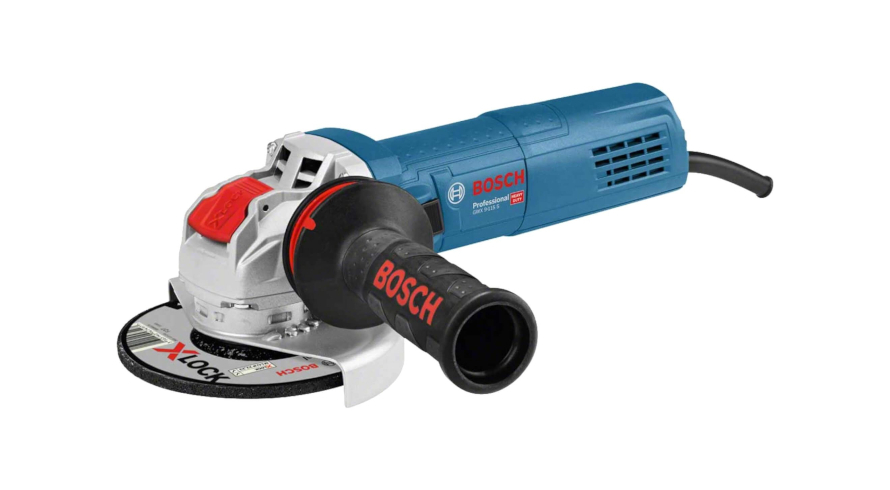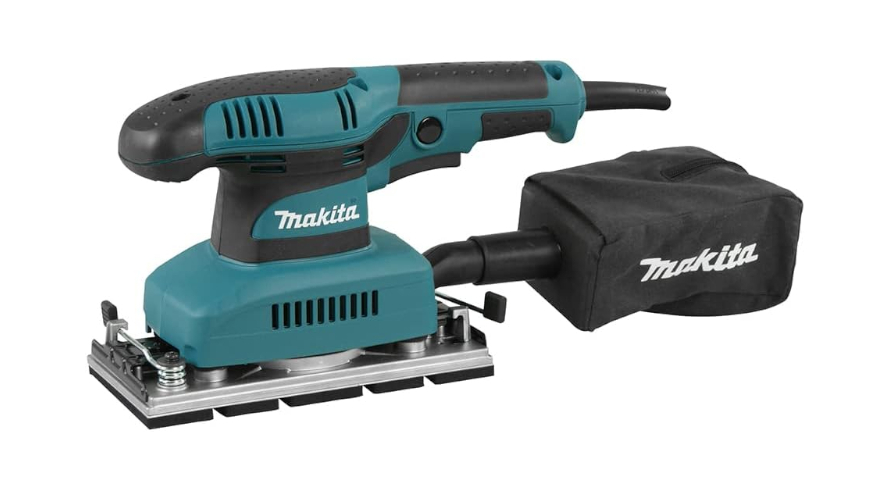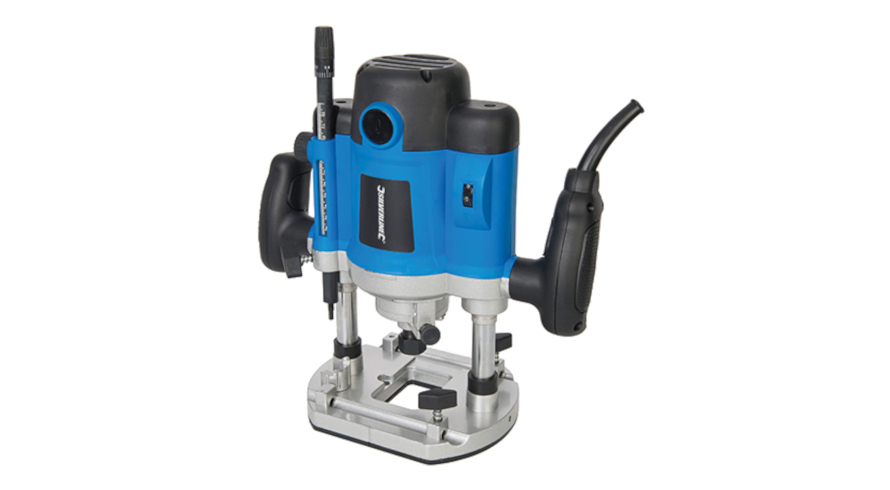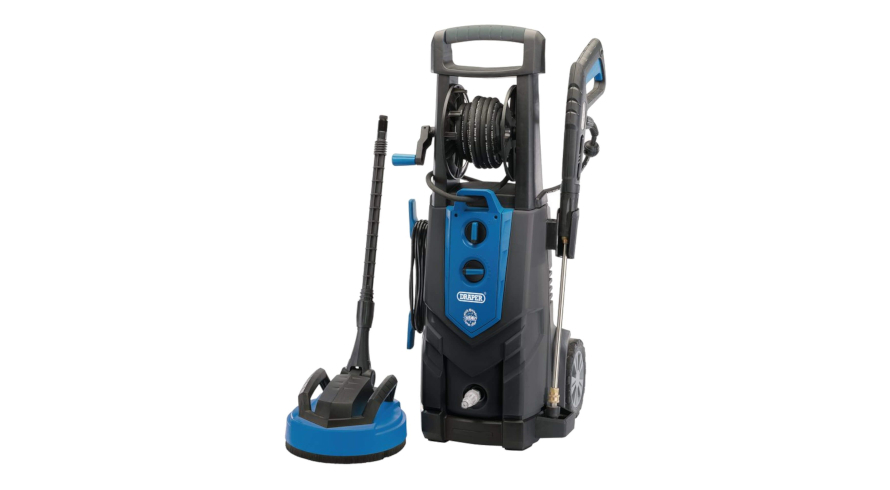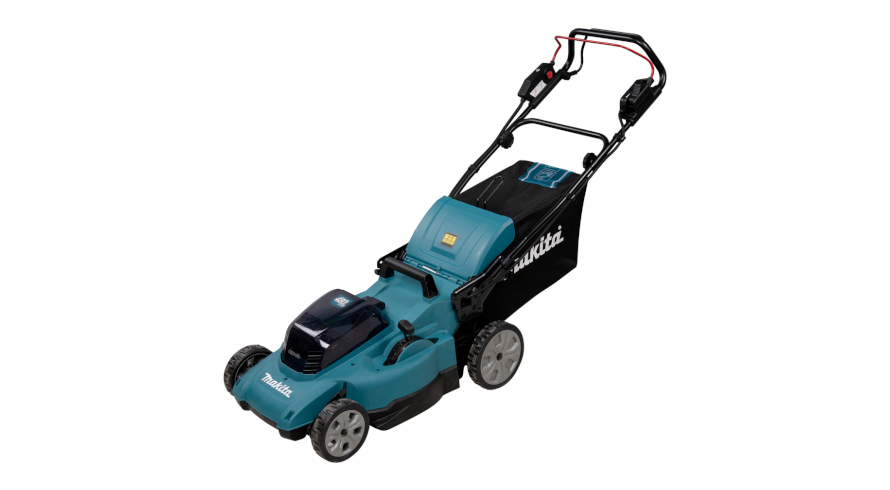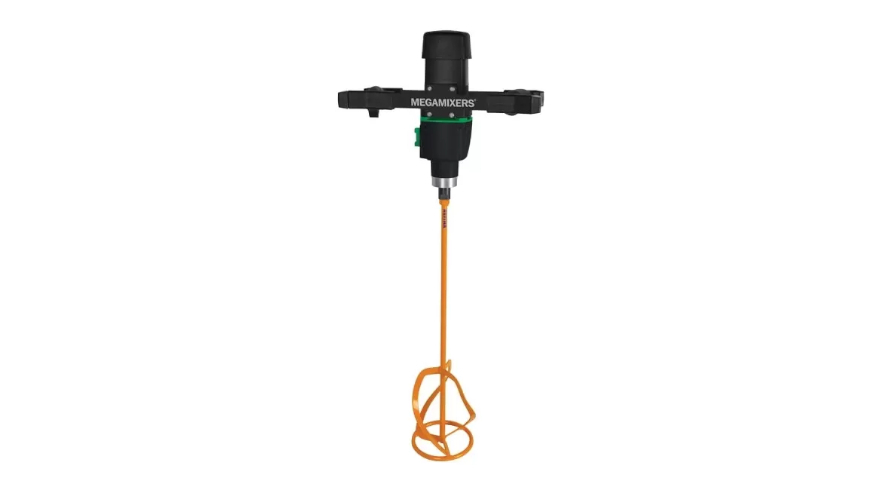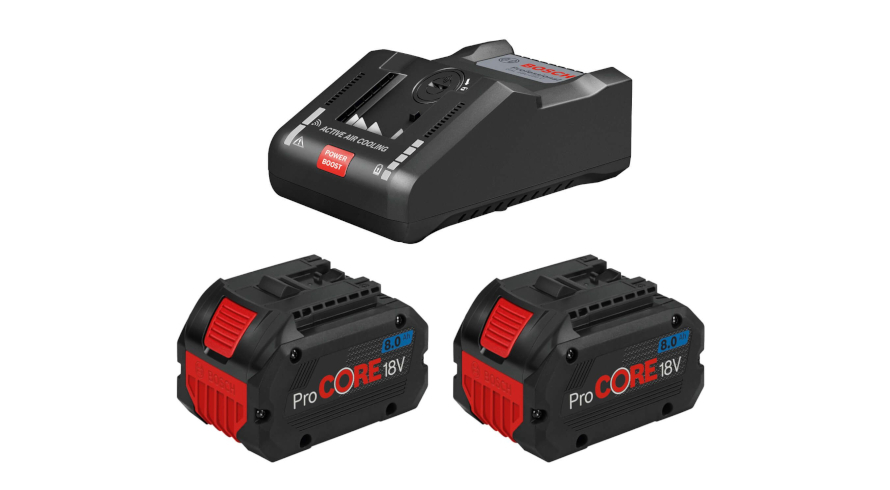-
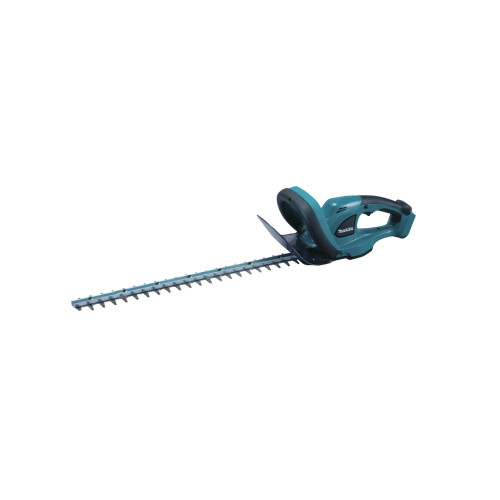 SAVE 22%
SAVE 22%Makita DUH523Z 18V LXT 52cm Hedge Trimmer - Body Only
Was £119.99 inc. VAT£94.49 inc. VATWas £99.99 ex. VAT£78.74 ex. VAT -

-
 SAVE 24%
SAVE 24%Tile Rite 200mm Luna Vacuum Suction Cup
Was £122.40 inc. VAT£93.84 inc. VATWas £102.00 ex. VAT£78.20 ex. VAT -
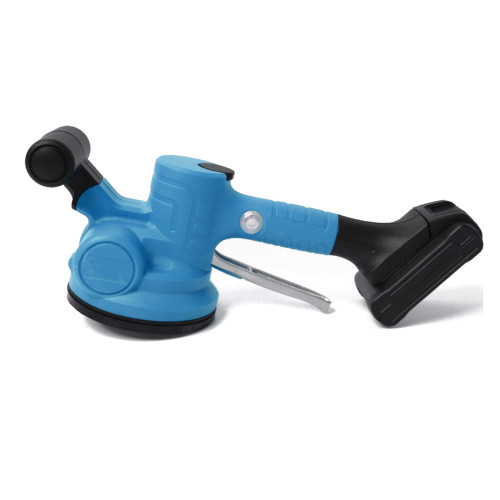 SAVE 24%
SAVE 24%Tile Rite Vibration Tool With Suction Cup
Was £108.00 inc. VAT£82.80 inc. VATWas £90.00 ex. VAT£69.00 ex. VAT -
 SAVE 24%
SAVE 24%Tile Rite 1050W Tile Rite Power Mixer - 240V
Was £83.92 inc. VAT£64.34 inc. VATWas £69.93 ex. VAT£53.62 ex. VAT -
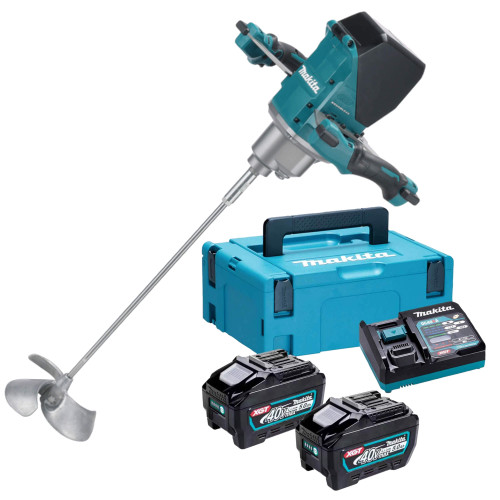
Makita UT001GZ02 40V Max Paddle Mixer with Makita 191V42 Power Source Kit
£814.80 inc. VAT£679.00 ex. VAT -

-
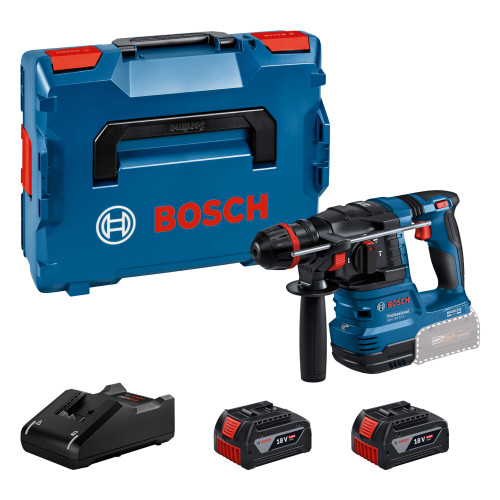
Bosch GBH18V-22X 18V Cordless SDS Rotary Hammer Drill ONE CHUCK 2 x 5.0Ah Kit
£454.66 inc. VAT£378.88 ex. VAT -

Bosch GBH18V-22X 18V Cordless SDS Rotary Hammer Drill ONE CHUCK Body Only
£199.99 inc. VAT£166.66 ex. VAT -
 SAVE 13%
SAVE 13%SIP 04132 1/4” Export Universal Female Coupler
Was £4.79 inc. VAT£4.18 inc. VATWas £3.99 ex. VAT£3.48 ex. VAT -

-

-

-

-

-

-

-

-

-

-
 SAVE 16%
SAVE 16%Milwaukee M18RADDAB+G2-0 Job Site Radio Body Only
Was £229.00 inc. VAT£193.11 inc. VATWas £190.83 ex. VAT£160.92 ex. VAT -

Milwaukee M18FSGC-202X 18V BRUSHLESS Drywall Collated Screw Gun 2x 2.0Ah Li-ion Batteries
£299.00 inc. VAT£249.17 ex. VAT -

-

-

-

-

DeWalt DCF961N 18V XR Brushless 1/2" High Torque Impact Wrench - Bare Unit
£299.00 inc. VAT£249.17 ex. VAT -

Bosch 18V 8.0Ah ProCORE18V+ Tabless High Endurance Battery COOLPACK 2.0
£195.25 inc. VAT£162.71 ex. VAT -

-

-

-
 SAVE 13%
SAVE 13%SIP 04075 1/4" BSPT Female Air Coupler
Was £4.79 inc. VAT£4.18 inc. VATWas £3.99 ex. VAT£3.48 ex. VAT -

-

-

Makita CE004GZ 40V 300mm Disc Cutter with Makita 191V42 Power Source Kit
£871.12 inc. VAT£725.93 ex. VAT -

Makita CE003GZ02 40V 230mm Disc Cutter with Makita 191V42 Power Source Kit
£778.80 inc. VAT£649.00 ex. VAT -

-

Bosch GAS 18V-12 MC 18V BITURBO Cordless Dust Extractor Vac Body Only
£442.80 inc. VAT£369.00 ex. VAT -

-

-

-

-

-
 SAVE 13%
SAVE 13%DeWalt DCE590 18V XR Grabo Suction Lifter Body Only
Was £299.00 inc. VAT£262.71 inc. VATWas £249.17 ex. VAT£218.92 ex. VAT -
 SAVE 89%
SAVE 89%Amtech S1730 30 watt Soldering Iron
Was £11.99 inc. VAT£1.34 inc. VATWas £9.99 ex. VAT£1.12 ex. VAT -

Makita DTW300Z 18V LXT BRUSHLESS 1/2" Drive Impact Wrench - Body Only
£165.00 inc. VAT£137.50 ex. VAT -

-
 SAVE 9%
SAVE 9%DeWalt DCB182 18V 4.0Ah XR Li-ion Battery Pack
Was £47.99 inc. VAT£44.10 inc. VATWas £39.99 ex. VAT£36.75 ex. VAT -

DeWalt DCD796P1 18V BRUSHLESS Combi Drill 1x 5.0Ah XR Li-ion Batteries & Charger plus TSTAK Kit Box
£149.99 inc. VAT£124.99 ex. VAT -

-

-

-

-

Makita HR003GZ 40V Max XGT Rotary Hammer SDS-Plus Drill - Body Only
£279.00 inc. VAT£232.50 ex. VAT -

-

-

-
 SAVE 12%
SAVE 12%Einhell 2000W Electric Chainsaw, 38cm Cutting Length
Was £83.99 inc. VAT£74.00 inc. VATWas £69.99 ex. VAT£61.67 ex. VAT -
 SAVE 11%
SAVE 11%Makita LS0816F 216mm (8 1/2") Slide Compound Mitre Saw 110V
Was £239.00 inc. VAT£213.97 inc. VATWas £199.17 ex. VAT£178.31 ex. VAT -

DeWALT DCK266P2T 18V XR BRUSHLESS Combi Drill & Impact Driver 2x 5.0Ah Battery Kit
£299.00 inc. VAT£249.17 ex. VAT -
 SAVE 16%
SAVE 16%Draper Petrol Hedge Trimmer 22.5cc
Was £139.99 inc. VAT£118.67 inc. VATWas £116.66 ex. VAT£98.89 ex. VAT -

-
 SAVE 5%
SAVE 5%Makita HR3210C 32mm AVT SDS+ Hammer Drill - 240V
Was £450.00 inc. VAT£431.78 inc. VATWas £375.00 ex. VAT£359.82 ex. VAT -

-
 SAVE 18%
SAVE 18%Makita MT Series 1/4" Router 240V
Was £95.99 inc. VAT£79.52 inc. VATWas £79.99 ex. VAT£66.27 ex. VAT -

-
 SAVE 8%
SAVE 8%Makita DUX18Z 18V BRUSHLESS Split Shaft Motor Unit - Body Only
Was £177.00 inc. VAT£164.61 inc. VATWas £147.50 ex. VAT£137.17 ex. VAT -

Makita 191T38-7 Split-Shaft Pole Saw Attachment For DUX60 / UX01G EY403MP
£145.00 inc. VAT£120.83 ex. VAT -
 SAVE 12%
SAVE 12%Makita HP1641 Percussion Drill - 240V
Was £99.00 inc. VAT£87.55 inc. VATWas £82.50 ex. VAT£72.96 ex. VAT -

Bosch GSS160 Professional Multi Purpose Palm & Detail Sander 240V in L-Boxx Case
£157.99 inc. VAT£131.66 ex. VAT -

-

-

-

-

-

-

-

-

-

Bosch GTL 3 Tile Laser with Alignment Disc, Target, Bag & Batteries 0601015200
£202.64 inc. VAT£168.87 ex. VAT -
 SAVE 14%
SAVE 14%Einhell Power XChange Expert Hot Air Gun - Body Only
Was £59.99 inc. VAT£51.84 inc. VATWas £49.99 ex. VAT£43.20 ex. VAT -

-
 SAVE 17%
SAVE 17%SIP 02694 General Purpose Welding Electrodes Rods 3.25mm 10 Pack
Was £5.28 inc. VAT£4.41 inc. VATWas £4.40 ex. VAT£3.67 ex. VAT -
 SAVE 18%
SAVE 18%Einhell 750W Power Planer - 240V
Was £46.80 inc. VAT£38.70 inc. VATWas £39.00 ex. VAT£32.25 ex. VAT -
 SAVE 24%
SAVE 24%SIP 09077 0.8mm Mig Tip - singles M6 THREAD
Was £1.80 inc. VAT£1.38 inc. VATWas £1.50 ex. VAT£1.15 ex. VAT -

Makita BO4555 Hook & Loop Palm Sander with Dust Bag 240V (Hook & Loop + Clamp)
£69.00 inc. VAT£57.50 ex. VAT -

-

-

-

-

-

-
 SAVE 14%
SAVE 14%Makita DKP180Z 18V LXT 82mm Cordless Power Planer - Body Only
Was £149.00 inc. VAT£128.39 inc. VATWas £124.17 ex. VAT£106.99 ex. VAT -

-

-

Milwaukee M18FSAGV115XPDB 18V FUEL 115mm Braking Angle Grinder - Body Only
£149.99 inc. VAT£124.99 ex. VAT -

DeWALT DCF921N 18V XR BRUSHLESS 1/2" Drive Compact Impact Wrench - Body Only
£165.00 inc. VAT£137.50 ex. VAT -
 SAVE 16%
SAVE 16%Einhell TE-CN18LI-SOLO 18V Power X-Change Cordless Expert Multi-Use Stapler/Nailer Body Only
Was £89.99 inc. VAT£75.77 inc. VATWas £74.99 ex. VAT£63.14 ex. VAT -

Bosch GNH18V-64M 18V BRUSHLESS 2nd Fix Nailer 2x 4AH ProCORE Battery Kit
£675.99 inc. VAT£563.32 ex. VAT -

Power Tool FAQS
1. How often should power tools be inspected and PAT tested?
In the UK, the recommended frequency for inspecting and PAT (Portable Appliance Testing) of power tools can vary depending on the type of equipment and the environment in which it is used. We’ve provided some guidelines to assist with safe tool usage:
Visual Inspection
Power tools should undergo a visual inspection before each use, to check for any obvious signs of damage or wear.
Formal Inspection and PAT Testing
The UK government’s Health and Safety Executive has guidelines in place for the testing of portable appliances, termed PAT (Portable Appliance testing) which is applicable to power tools. Here’s what you need to know according the HSE:
You don’t have to test annually
The main stipulation of the Electricity at Work Regulations 1989 is that any electrical equipment that has the potential to cause injury is maintained in a safe condition.
Source:HSE
The regulations do not however specify how often this needs to be done; the main objective is to ensure tool safety for your specific use case.
Test frequencies will vary
There is no formal requirement for how often potable appliances and power tools in particular should be tested, however the HSE does say that:
“The frequency of inspection and testing depends upon the type of equipment and the environment it is used in. For example, a power tool used on a construction site should be examined more frequently than a lamp in a hotel bedroom.”
Source:HSE
There are a number of factors to think about when assessing the risk factors associated with power tools and how often they need testing, including:
- The type of power tool (e.g. handheld or stationary)
- The frequency of use – tools used more regularly will obviously need to be checked more frequently
- The age of the power tool
- The environment in which the power tool is used (if it is used in wet, dusty, or hazardous conditions it will need checking in more detail)
- The manufacturer's recommendations
The above factors will determine how often power tools should be formally inspected.
Do records need to be kept of testing, or appliances labelled?
Technically no, however it is certainly a good idea to do both to adhere to safety best practices.
If you have concerns about the safety of your equipment, whether you’re a professional or a DIY enthusiast, we would always recommend that you consult with a qualified electrical or health and safety professional.
2. What times and days are power tools allowed to be used in the UK?
Regardless of whether you’re a trade professional or just a keen DIYer looking to make some home improvements, one thing you will want to be aware of is noise control. Power tools typically generate between 80 and 110 decibels when in use, which is certainly on the loud side, and you’ll want to use hearing protection for yourself if using them for extended periods. From the point of view of being courteous to residents it’s important to be aware of accepted times and days to use power tools. Below we’ve listed the commonly accepted hours for power tool work:
For professional building and construction work
the Royal Borough of Greenwich in their “noise from building works” page provide a good guideline for general building and construction work, although you will still need to be aware of circumstances and restrictions relating to the individual area in which you will be working. They suggest that general construction work should be limited to:
- Monday to Friday, 8am to 6pm
- Saturdays 8am to 1pm
- Noisy work should not take place on Sundays and bank holidays
Exceptions can be made for urgent or emergency work.
DIY usage
For DIY and non-professional use, restrictions are more relaxed, although Oxford City Council recommends that power tools are only used between 7am and 9pm each day. Many local councils and communities expect considerate use, which will include avoiding early mornings, late evenings, Sundays, and Bank Holidays in order to be considerate to the community. You can also be more considerate by:
- Giving neighbours advance warning/apologising in advance for the noise
- Agreeing with them what times are best for tools to be used, to cause minimal disruption – this will be particularly relevant if they have children or work night shifts, for example
- If what you are doing is going to be unavoidably disruptive, consider if it can wait until better circumstances present themselves – a day off where you can use your power tool at a different time or waiting until the neighbours go on holiday, for instance.
3. Will my Power Tool be in its Original Packaging?
Our products are always provided to you brand new and we retain all original packing where possible. However, in some cases, some products may arrive with limited/no manufacturer packaging due to the nature of the item; with regards to power tools this may mean that if you order a ‘body only’ power tool the packaging for it may be more limited. If you want to ask any questions about the products we stock then please Contact Us and we'll be happy to help.
If you have further questions about us and our products please visit our FAQ page.
4. Extended warranties and product registration
If you buy any of the following brands of power tools with us, you’ll be able to register for an extended warranty with them:
- Bosch
- Dewalt
- Eibenstock
- Makita
- Milwaukee
For more details on registering your power tool please visit this link:



